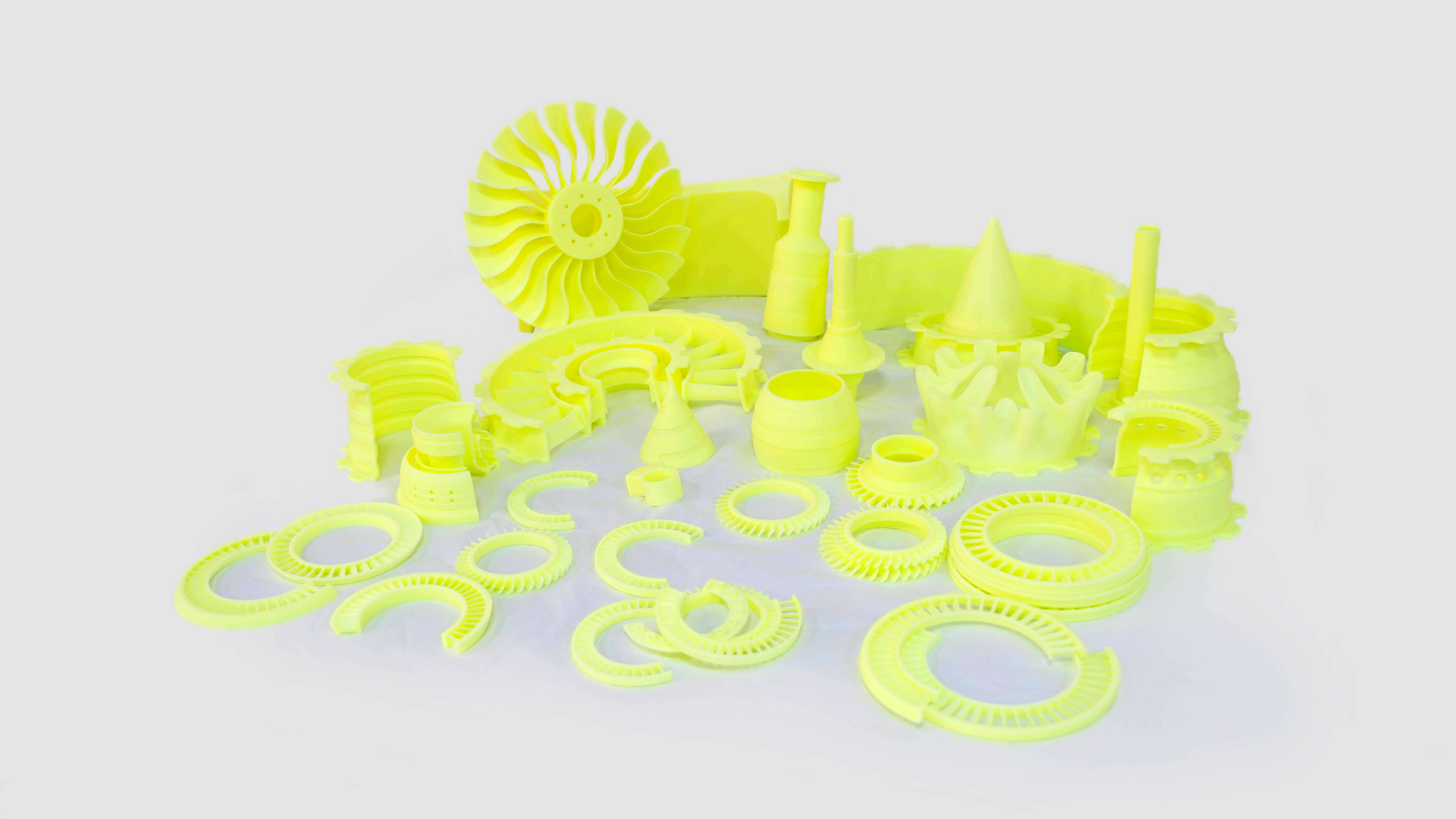In today's fast-paced world, the concept of waste reduction has gained significant traction. As individuals and communities strive to minimize their environmental impact, embracing minimalism can be a powerful approach. But how does simplifying your life contribute to waste reduction? This article explores the intricate relationship between minimalism and sustainability, offering insights and practical tips.

Understanding Waste Reduction
Waste reduction refers to strategies aimed at minimizing the amount of waste generated. This can be achieved through various means, including recycling, composting, and, importantly, adopting a minimalist lifestyle. By focusing on what truly matters, individuals can significantly decrease their consumption and, consequently, their waste output.
Embracing Minimalism for Waste Reduction
Minimalism encourages individuals to evaluate their possessions and prioritize quality over quantity. This shift in mindset can lead to substantial waste reduction in several ways:
- Less Consumption: By purchasing fewer items, you inherently create less waste. This is particularly relevant in a consumer-driven society.
- Quality Over Quantity: Investing in durable, high-quality products reduces the frequency of replacements, thereby decreasing waste.
- Mindful Disposal: Minimalists often consider the lifecycle of their possessions, leading to more responsible disposal methods.
The Impact of Minimalism on Daily Life
Adopting a minimalist lifestyle can transform daily routines. For instance, when you own fewer items, cleaning and organizing become simpler, allowing you to focus on what truly matters. This shift can lead to a more fulfilling life, free from the clutter that often contributes to stress and anxiety.
"Minimalism is not about having less. It's about making room for more of what matters." - Unknown
Practical Tips for Waste Reduction through Minimalism
To effectively incorporate minimalism into your life and achieve waste reduction, consider the following strategies:
- Assess your belongings: Regularly evaluate what you own and determine what is essential.
- Practice mindful purchasing: Before buying, ask yourself if the item will add value to your life.
- Donate or recycle: When decluttering, ensure that items are donated or recycled responsibly.
Conclusion: The Path to Sustainable Living
In conclusion, the journey towards waste reduction through minimalism is not only beneficial for the environment but also for personal well-being. By simplifying your life, you create space for meaningful experiences and reduce your ecological footprint. As we collectively strive for a more sustainable future, embracing minimalism can be a significant step in the right direction.
For more insights on sustainable living, check out this video on minimalism and explore products that support your journey towards waste reduction, such as the Eco-Friendly Reusable Bag.
References









